Pinterest has released its yearly Halloween report for 2019, detailing what costumes, content, and creepy festivities are getting the most attention leading up to the big day.
Pinterest is one of the most popular social platforms for Halloween content ahead of the holiday, with tens of millions of Halloween-related boards available.
For the report, the company analyzed searches across its platform throughout the past year.
While it covers the obvious inclusions like costume and makeup ideas, the report also reveals a wide range of Halloween-themed ideas, including searches related to tattoos, wedding, games, and more.
Top Costumes for Those Identifying as Female
- Powerpuff Girls
- Pirate
- Circus
- Stranger Things
- Alien
- Mermaid
- Harley Quinn
- 80’s costume
- Poison Ivy
- Alice in Wonderland
Top Costumes for Those Identifying as Male
- Superhero
- Viking
- Spider-Man
- Joker
- Jedi
- Animal
- Circus
- Pirate
- Mad Max
- Robot
Top Trending Singles Costumes
- Alien (+659%)
- Gwen Stacy from Spider-Man: Into The Spider-Verse (+446%)
- Elton John (+442%)
- Space Cowboy (+359%)
- Freddie Mercury (+145%)
Top Trending Costumes for Pairs
- Lilo and Stitch (+1205%)
- Timon and Pumba (+154%)
- Woody and Bo Peep (+836%)
- Velma and Daphne (+274%)
- Pulp Fiction Couples Costume (+384%)
Top Trending Group Costumes
- Stranger Things (+653%)
- The Powerpuff Girls (+379%)
- The Lion King (+283%)
- Alassin family costumes (+176%)
- Toy Story (+151%)
See more from the report, including the most popular searches for Halloween-themed makeup, party, and snack ideas here.

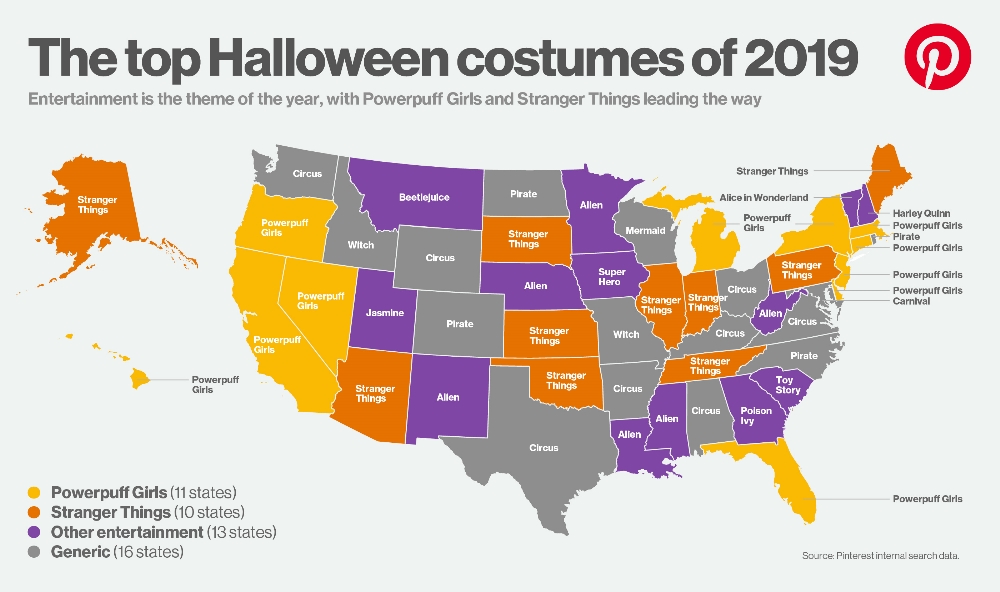
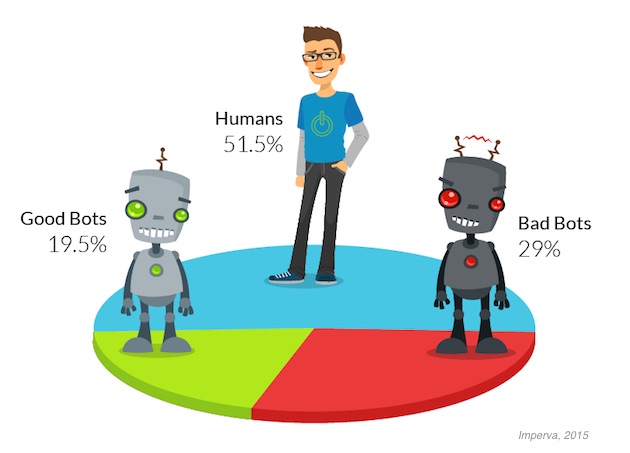
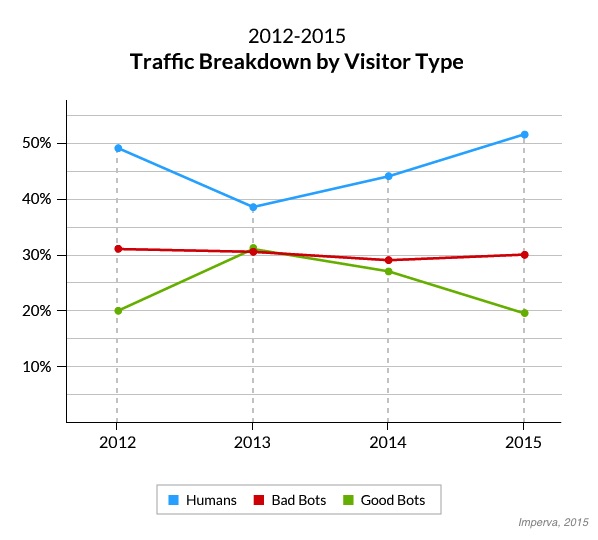
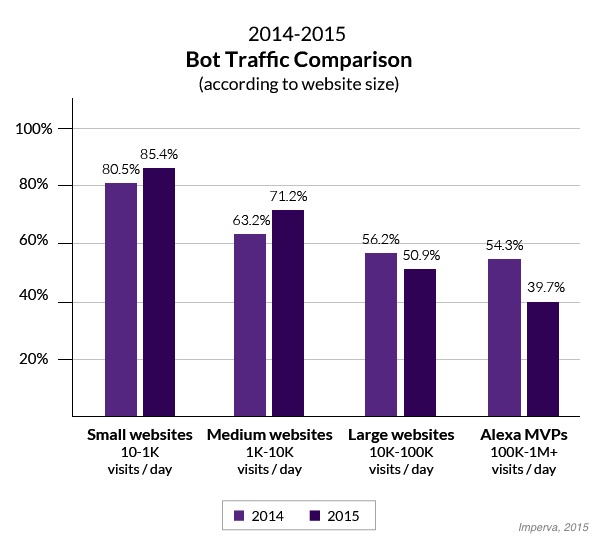



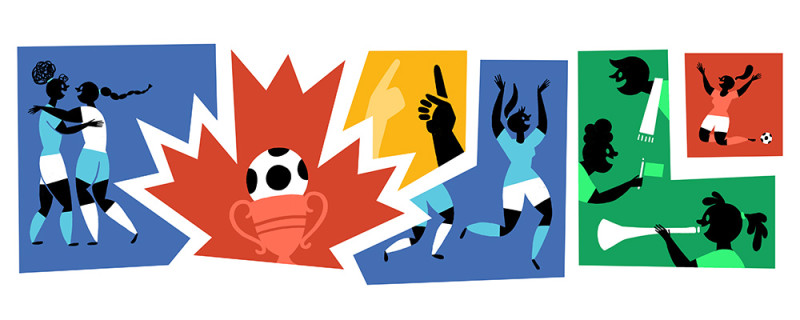
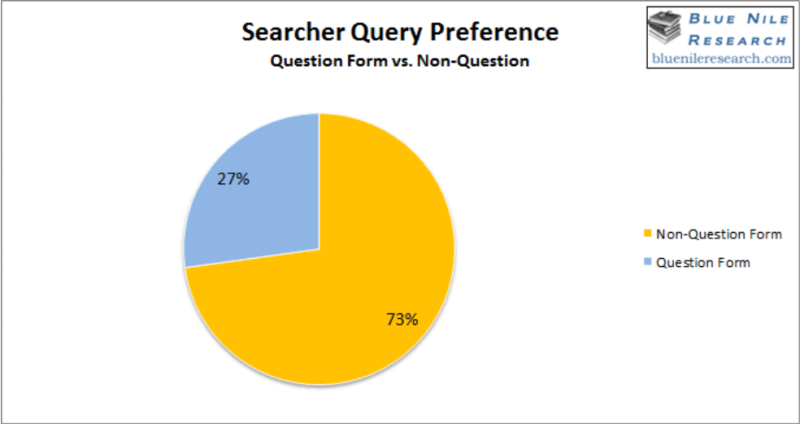
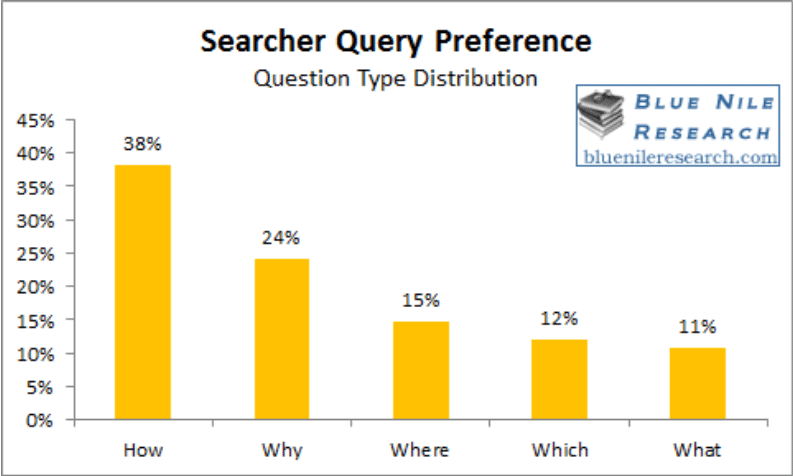
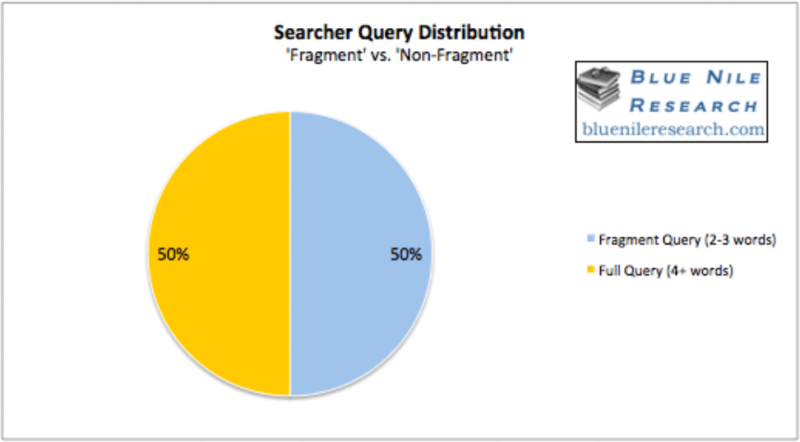
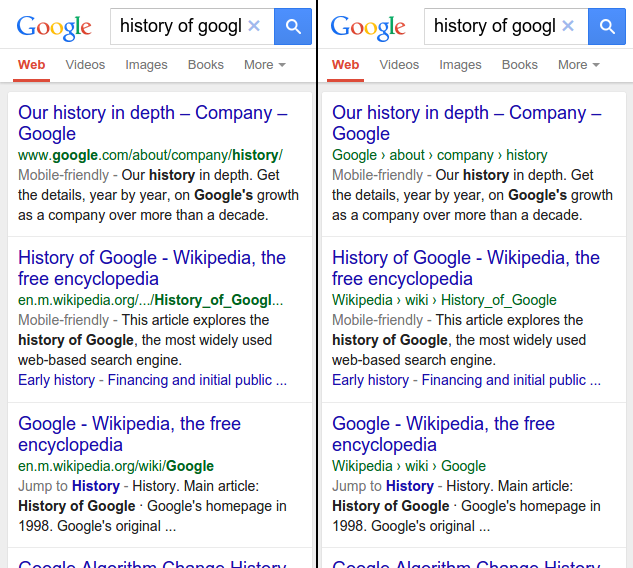
 According to new data from web traffic analytics provider
According to new data from web traffic analytics provider 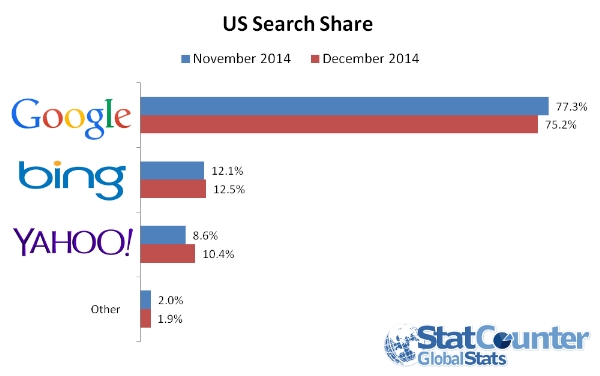
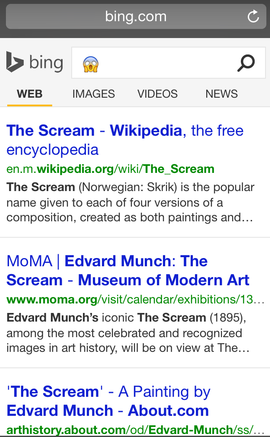
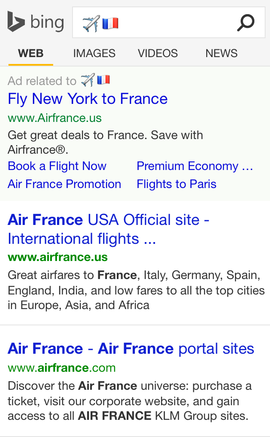
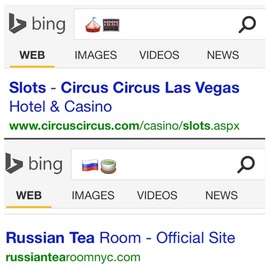
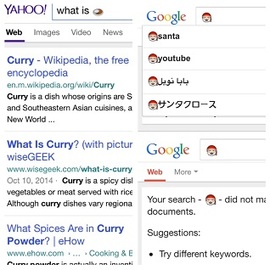
 A couple weeks ago, Google released an update directly aimed at the “industry” of websites which host mugshots, which many aptly called The Mugshot Algorithm. It was one of the more specific updates to search in recent history, but was basically meant to target sides aiming to extort money out of those who had committed a crime. Google purposefully targeted those sites who were ranking well for names and displayed arrest photos, names, and details.
A couple weeks ago, Google released an update directly aimed at the “industry” of websites which host mugshots, which many aptly called The Mugshot Algorithm. It was one of the more specific updates to search in recent history, but was basically meant to target sides aiming to extort money out of those who had committed a crime. Google purposefully targeted those sites who were ranking well for names and displayed arrest photos, names, and details.

